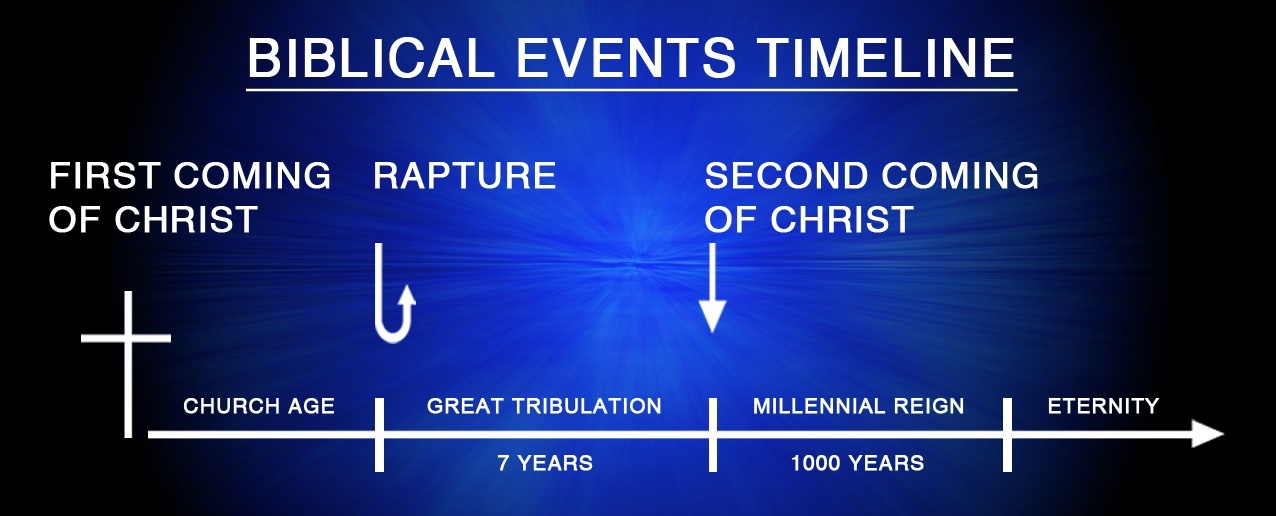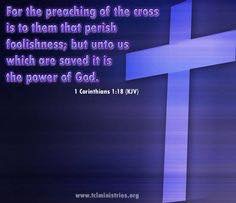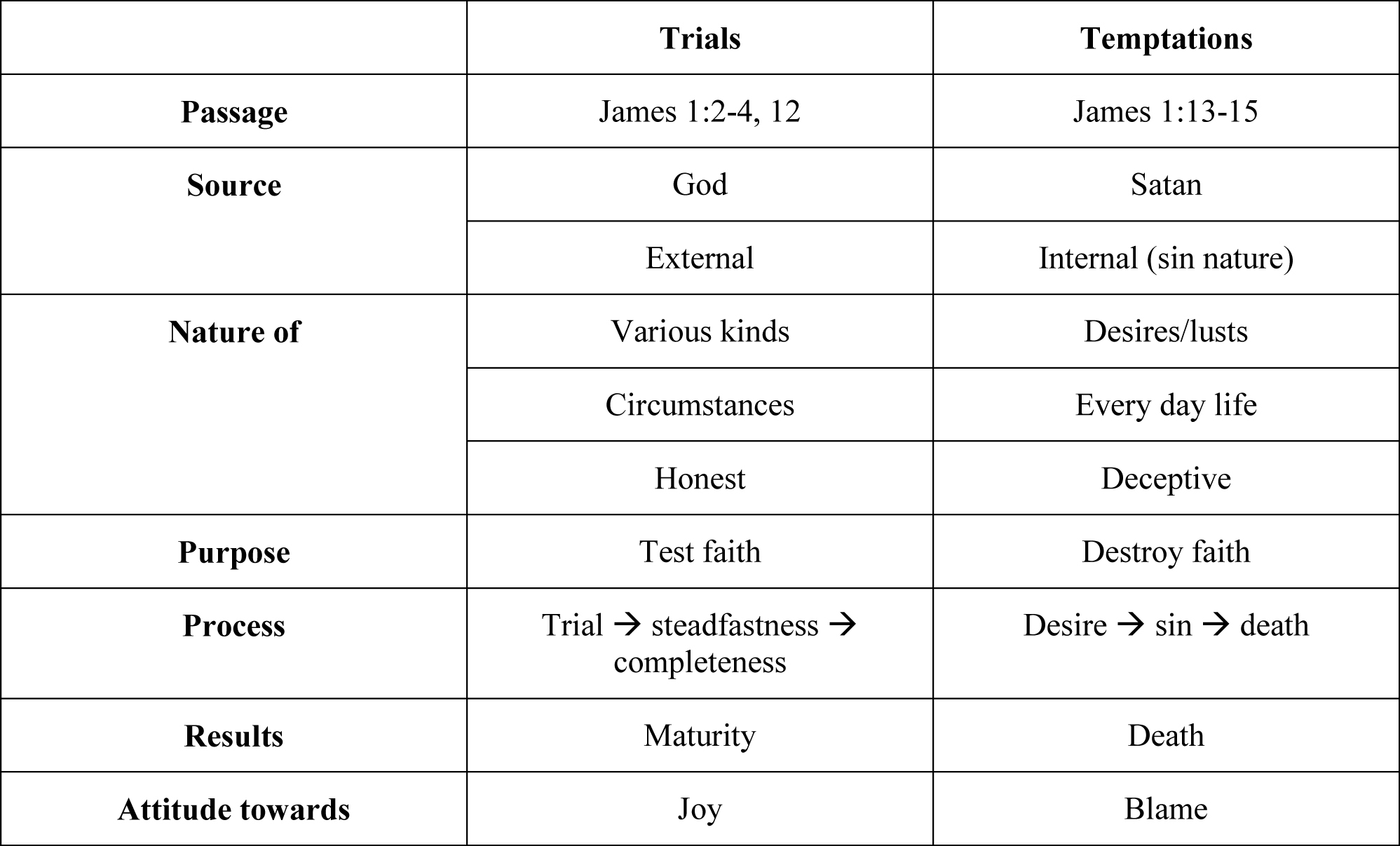In John MacArthur’s book, How To Get The Most From God’s Word, I was excited to read about the principle of probability in validating prophecy. He mentioned that the strongest objective argument for the validity of Scripture comes from fulfilled Bible prophecy. He added that the principle of probability could objectively prove the validity of the prophecy if the event occurs exactly as prophesied with incredible odds.
John MacArthur is a well known cessationist. Though he is correct that prophecy in the primary sense has ceased¸ I believe he errs in not believing in the possibility of prophecy in the lesser sense at all. (Please see footnote.) Let me explain. I believe prophecy as in special revelation in the Bible is complete, but the gift of prophecy in the lesser sense (such as the prophecy of a global famine by Agabus in Acts 11:27-30) is still possible. This type of one-off message must not be confused with the ridiculous frequent fortune telling practiced by some.
For such message to be valid as prophecy in the lesser sense, it must have incredible odds of probability to start with. For example, if I prophesy an earthquake this year in a particular country like Japan, the probability is actually pretty high, say 50%. The odds of difficulty will be compounded if I prophesy the month, the day, the city, the exact building that will collapse and finally subsequent visions to reinforce the first vision and the message as well. By then, the odds will be so incredible that when all these details occur according to the prophecy, it is incomprehensible to deny it is not a message from God.
Just a few prophecies concerning our Lord would yield incredible odds of probability which could only proved Him to be the Messiah – born in Bethlehem, of the tribe of Judah, raised in Nazareth, betrayed with 30 pieces of silver, died on the cross, and men casting lots over his garments.
Agabus’s prophecy of a global famine will not twist the doctrine of salvation a bit and is inconsequential to Christian spiritual growth in his or her daily walk with Christ. So the significance probably was something which would affect the ordinary life of the Judea Christians at that time. In this particular case, the famine brought hardship on the Judea Christians which the Antioch Christians were able to help by preparing such relief for them upon learning of a coming global famine. They sent the relief later through Paul and Barnabas to the elders in Judea.
Footnote :
“…in the primary sense of prophets, as vehicles of direct and fresh revelation, it seems we must say that this charisma is no longer given. There is no longer anyone in the church who may dare to say, “The word of the Lord came to me, saying…” or “Thus says the Lord.” It has been argued, however, that prophets may be used in other and lesser senses. Some think there may be men today like the prophet Agabus (Acts 11:28; 21-10-11) whose function is not to add to revelation but to foretell some future event. This is possible. But both church history and personal experience make me cautious…” – John Stott, Baptism and Fullness.










